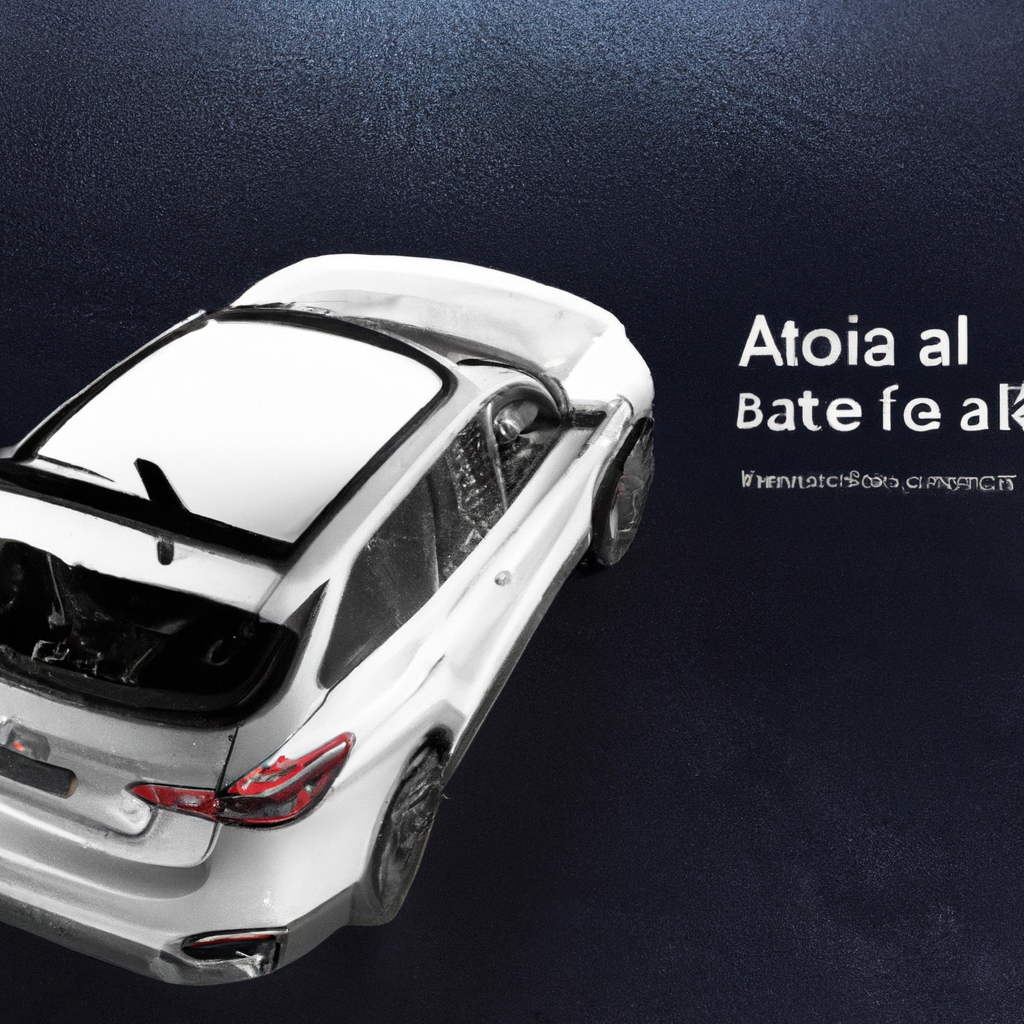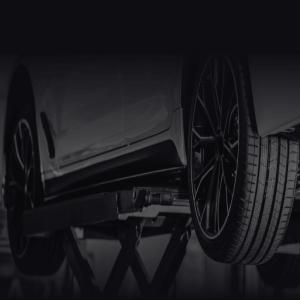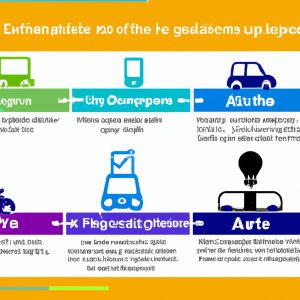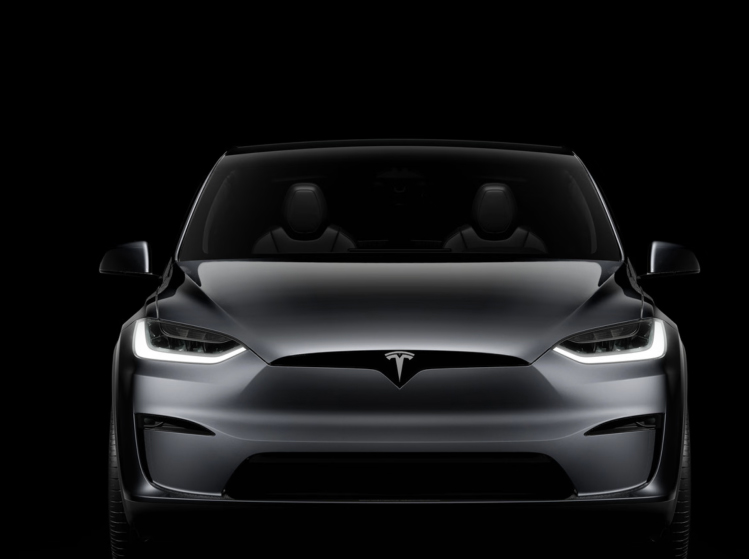Exploring AI's Pivotal Role in Shaping the Future of Automotive Design
Introduction to AI in Automotive Design
Artificial intelligence (AI) is no longer just a buzzword but a pivotal force in the evolution of various industries, with the automotive sector standing out prominently. This technology's integration into automotive design is not just reshaping the aesthetic appeal of vehicles but also their functionality, safety, and efficiency. The convergence of AI with automotive engineering is paving the way for smarter, more efficient, and safer vehicles, marking a significant leap toward the future of transportation.
How AI is Influencing Automotive Design
The influence of AI on automotive design can be observed through several innovative applications. AI algorithms are now fundamental in the process of designing cars that are not only efficient but also tailored to meet the increasing demands for sustainability and safety.
Enhanced Design Precision
AI-driven tools and software have revolutionized the precision of car designs. By utilizing machine learning and data analytics, designers can simulate the performance and safety of vehicles under various conditions even before they are physically tested. This not only reduces the cost and time involved in design but also allows for a higher level of detail and precision in car models.
Customization and Personalization
With AI, automotive manufacturers can offer higher levels of customization and personalization than ever before. AI algorithms analyze customer data and preferences to suggest features and designs. This capability enables manufacturers to craft vehicles that cater more specifically to individual needs and preferences, enhancing customer satisfaction.
Autonomous Vehicle Design
Perhaps one of the most significant impacts of AI in automotive design is the development of autonomous vehicles. AI systems process vast amounts of data from vehicle sensors and external sources to make real-time decisions, a critical aspect in the design and functionality of self-driving cars. This not only changes the way vehicles are used but also their design priorities, focusing more on interior space and user interface.
Case Studies: AI in Action
Several leading automotive companies are leveraging AI to enhance their design capabilities and product offerings. For instance, Tesla’s Autopilot and Full Self-Driving capabilities are direct products of advanced AI integration in automotive design. Similarly, BMW uses AI to offer personalized experiences in their luxury models, which adapt to the driver’s preferences automatically.
Challenges and Future Perspectives
Despite the promising advancements, the integration of AI in automotive design faces several challenges. These include ethical concerns, data privacy issues, and the need for substantial investment in AI research and development. However, the future looks promising as continuous improvements in AI technology are expected to further enhance automotive design, leading to even smarter, more efficient, and safer vehicles.
Overcoming the Challenges
Addressing these challenges requires a collaborative effort among tech developers, automotive manufacturers, and regulatory bodies to establish standards and frameworks that ensure safety, privacy, and fairness in the use of AI in automotive design.
Conclusion
AI's role in automotive design is transformative, driving significant advancements in how vehicles are designed and function. As AI technology continues to evolve, its integration into automotive design promises to yield even more revolutionary changes, shaping the future of transportation in unprecedented ways. Embracing AI in automotive design not only enhances vehicle functionality and efficiency but also plays a critical role in the evolution of the automotive industry.
© 2023 TechInsights. All Rights Reserved.





Comments (0)